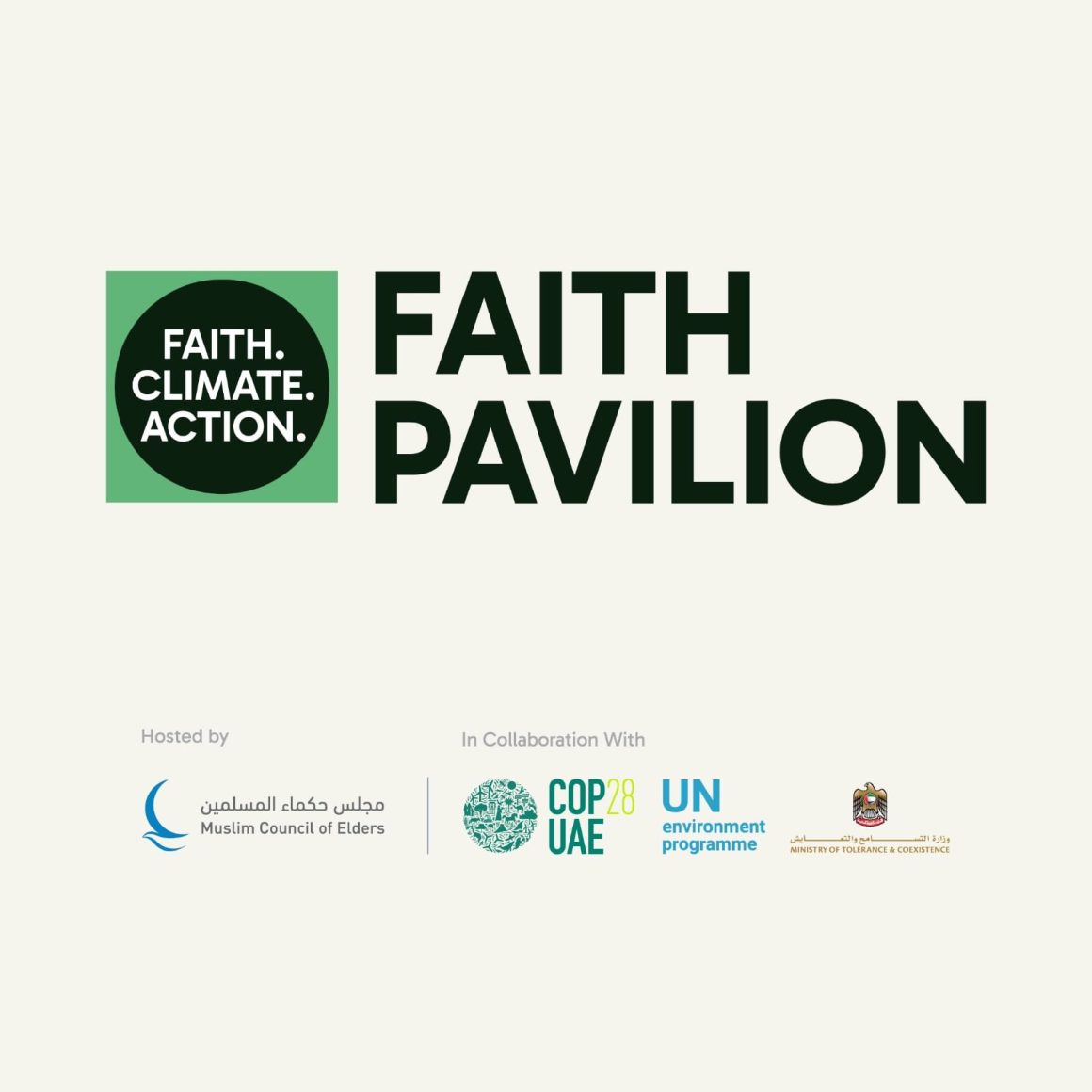The Faith Pavilion, a groundbreaking initiative at COP28, will commence its activities tomorrow, Friday, marking the first time in the history of the Conferences of the Parties that a dedicated space has been created for interfaith dialogue and action on climate change.
Organised by the Muslim Council of Elders in collaboration with the COP28 Presidency, the Ministry of Tolerance and Coexistence, and the United Nations Environment Programme (UNEP), the Faith Pavilion will host a diverse range of events featuring religious leaders, scholars, academics, environmental experts, climate activists, women, youth, and indigenous peoples.
Judge Mohamed Abdelsalam, Secretary-General of the Muslim Council of Elders, said that the Faith Pavilion at COP28 aims to provide a global platform for exchanging perspectives, fostering consensus, finding solutions, forming partnerships, and proposing recommendations to advance environmental justice. The pavilion also seeks to engage religious communities, decision-makers, and other civil society actors to develop a shared vision addressing the challenges of climate change.
The Secretary-General added, “The Faith Pavilion symbolises a beacon of hope and the shared global responsibility towards protecting the planet.”
He noted that this COP, led by the United Arab Emirates, reflects a firm belief in the role of religions and the importance of unifying efforts to achieve desired progress in global climate action.
The pavilion will host over 65 sessions with 325 speakers representing nine major religions, including Islam, Christianity, Judaism, Hinduism, Sikhism, Baha’i, Buddhism, Indigenous Religions, and Zoroastrianism.
Participants include representatives from over 70 international organisations, including universities, youth organisations, faith-based organisations, religious institutions, climate advocacy groups, indigenous bodies, non-governmental organisations, governmental and intergovernmental bodies, women’s and humanitarian aid organisations.
WAM

